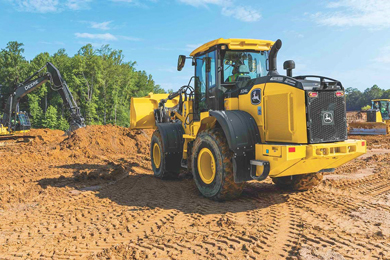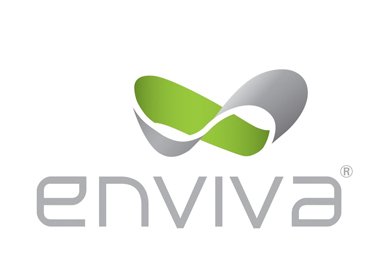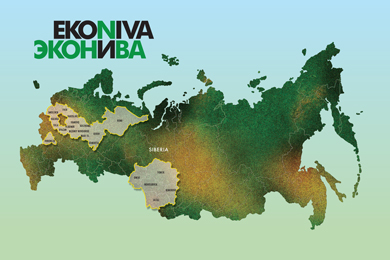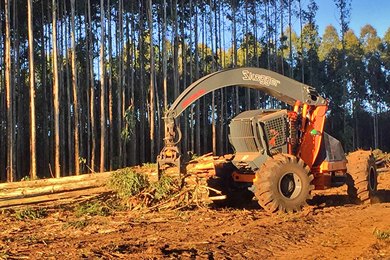Several local-area First Nations have signed on to a new agreement to manage forest lands and build on opportunities in the industry reports Charlene Tebbutt, Pa NOW.
The new Saskatchewan First Nations Forestry Alliance includes 13 First Nations, including the Montreal Lake Cree Nation, Big River First Nation, Pelican Lake First Nation, Witchekan Lake First Nation and Meadow Lake Tribal Council and their related business organizations.
The deal outlines how business-related opportunities will be handled on First Nations’ ancestral lands, which cover much of Saskatchewan’s forested area. Together, the groups direct forest management licenses and commercial arrangements on more than four million cubic metres of the annual allowable cut in the province.
Robert Fincati, chief executive officer with Montreal Lake Business Ventures, said the agreement has been in the works for several years.
“Everybody is really excited about it,” Fincati said Thursday. “We want to create stability in the forest industry in Saskatchewan. It’s important for all the nations.”
Fincati said there’s a lot of room for growth in the forestry sector.
“Right now there’s a huge gap in the forest industry in Saskatchewan and that is because there is no facility in Prince Albert,” he said, referencing the still-shuttered mill just outside the city. “It becomes really challenging to have an integrated forest operation when there’s nobody to take the hardwood.”
Fincati said the alliance is still finalizing some details around the new agreement, but the groups are eager to move forward and build on more business and growth opportunities.
“It’s actually a really good news story for all of Saskatchewan because a healthy forest industry in Saskatchewan is important for all, especially northern residents,” he added.
Provincial administrators are applauding news of the deal, and they will work with the alliance to engage and collaborate on any forest opportunities that come up, said Shane Vermette, executive director of the Forestry Development Branch with the Ministry of Energy and Resources. While the province wasn’t part of the discussions around the new agreement, Saskatchewan is a leader in Canada in working with First Nations groups on forest management, he said.
“This agreement, in fact, demonstrates Indigenous support for the sector in Saskatchewan and also collaboration by the numerous First Nations in further forestry sector growth opportunities,” Vermette added. “The annual allowable cut, which is the sustainable timber that can be harvested annually in the province, is just over eight million cubic metres, and we’re currently only harvesting about half of that.”
Dozens of Indigenous-owned forestry businesses operate in Saskatchewan, a statement from the province said, ranging from sawmills to timber harvesting, road construction, trucking and reforestation. According to statistics from the Government of Saskatchewan, about 1,300 Indigenous people work in the forestry sector here, making up 31 per cent of the total workforce, compared to four per cent across Canada.
Twenty-eight per cent of Saskatchewan’s timber supply is allocated to Indigenous businesses, the largest percentage of any province, the government noted.










